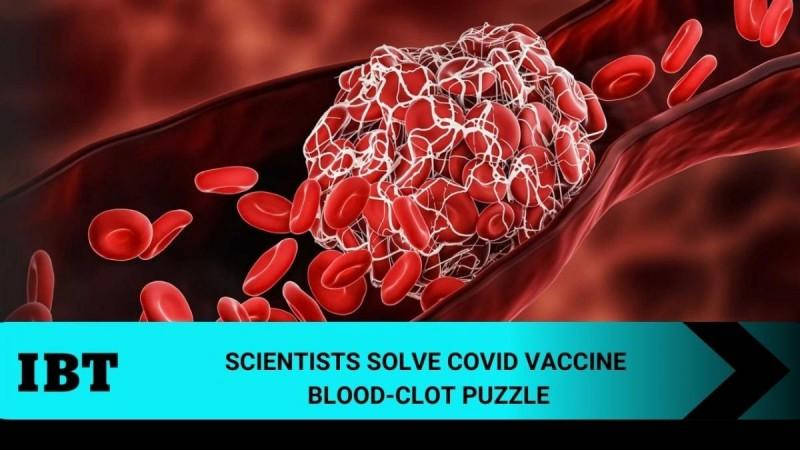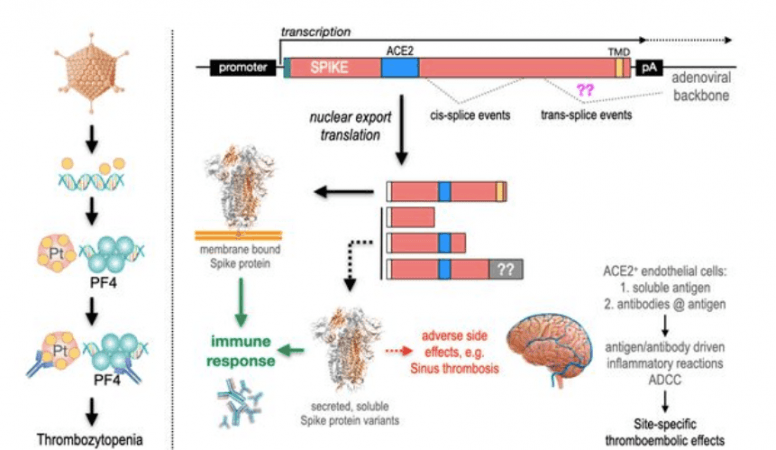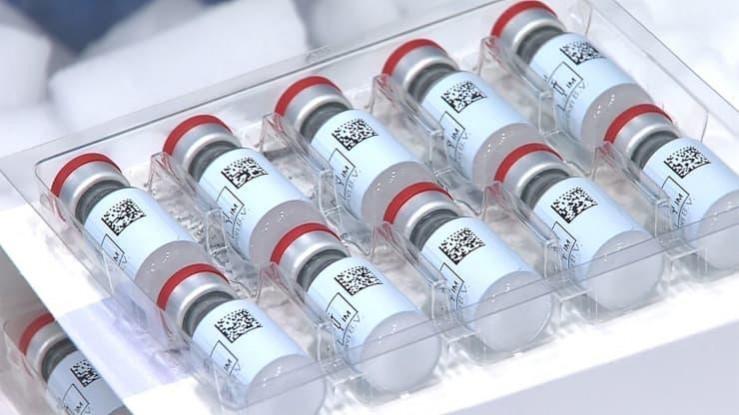In what can be a major relief to millions, especially two major vaccine manufacturers, Oxford/AstraZeneca and Johnson & Johnson, scientists in Germany claim they might have just cracked the rare blood clots linked to their jabs. The research, led by Rolf Marschalek, a professor at Goethe University in Frankfurt, into the rare condition was started back in March and now scientists are able to explain the underlying cause behind the blood clots people have suffered after getting inoculated. With this, the scientists are confident that with the right modifications, the side effect, proven to be deadly in some cases, can finally be fixed.
How serious is this?
Rare blood clotting following AstraZeneca vaccination has been reported from various countries including India, UK and the US. Due to this, the use of the AstraZeneca vaccine has been restricted or suspended in over a dozen countries, while some continue to use based on the studies that have shown the risks far outweigh the benefits provided by the vaccinations. The blood clots are only reported in adenoviral vector-based vaccines from AstraZeneca and Johnson & Johnson while mRNA vaccines from BionTech and Moderna have had zero cases.

As per the data, COVID vaccine-induced thrombosis affects roughly one in 100,000 people, according to Marschalek's theory. The UK has reported 309 cases and 56 deaths out of 33 million people who have received the AstraZeneca jab while in Europe 142 people experienced blood clots out of 16 million recipients.
The number of cases might be low, but it doesn't instill confidence in people to get the jab, adding to the hesitancy towards vaccination. But by fixing what's leading to this rare side effect, people will once again be forthcoming and the Marschalek's research is a step in the right direction.
Solving the blood-clot mystery
The German scientists published a preprint paper on Wednesday, giving insights into what's causing the blood clots in people after getting the jab. The lead researcher in the study said the answer lies in the adenovirus vectors that both vaccines from AstraZeneca and J&J use to deliver the spike protein of the Sars-Cov-2 virus into the body.

So these vaccines send the spike protein into the nucleus of the cell instead of the cytosol fluid found inside the cell, where the virus normally produces proteins. When the spike protein is inside the cell nucleus, it's spliced or split apart, which then creates mutant versions that are unable to bind to the cell membrane where the immunisation happens, Financial Times reported citing the research paper.
When this happens, the mutant proteins are secreted by cells into the body, which causes blood clots. The reason Pfizer and Moderna vaccines haven't had a similar side effect is that they send the spike protein to the cell fluid and not to the nucleus.
How to fix it?
With this discovery, it is upon the vaccine makers, in this case J&J and AstraZeneca to make some tweaks to their jab's sequence of the spike protein. If the modifications are done in a way that the split protein doesn't split, it won't cause blood clots in people getting the jab.

According to Marschalek, J&J is working with his lab to use the data to mutate the sequences to prevent splice reactions. He also noted that splicing of the split protein was comparatively higher in the vaccine by AstraZeneca than in J&J.
"We are supporting continued research and analysis of this rare event as we work with medical experts and global health authorities. We look forward to reviewing and sharing data as it becomes available," J&J was quoted as saying by FT.
Oxford and AstraZeneca are yet to comment on the findings of the research as of this writing.
The findings have been submitted to the German government's Paul-Ehrlich Institute and to the country's advisory body on vaccination and immunisation. Corroborations on these findings are yet to be made.








